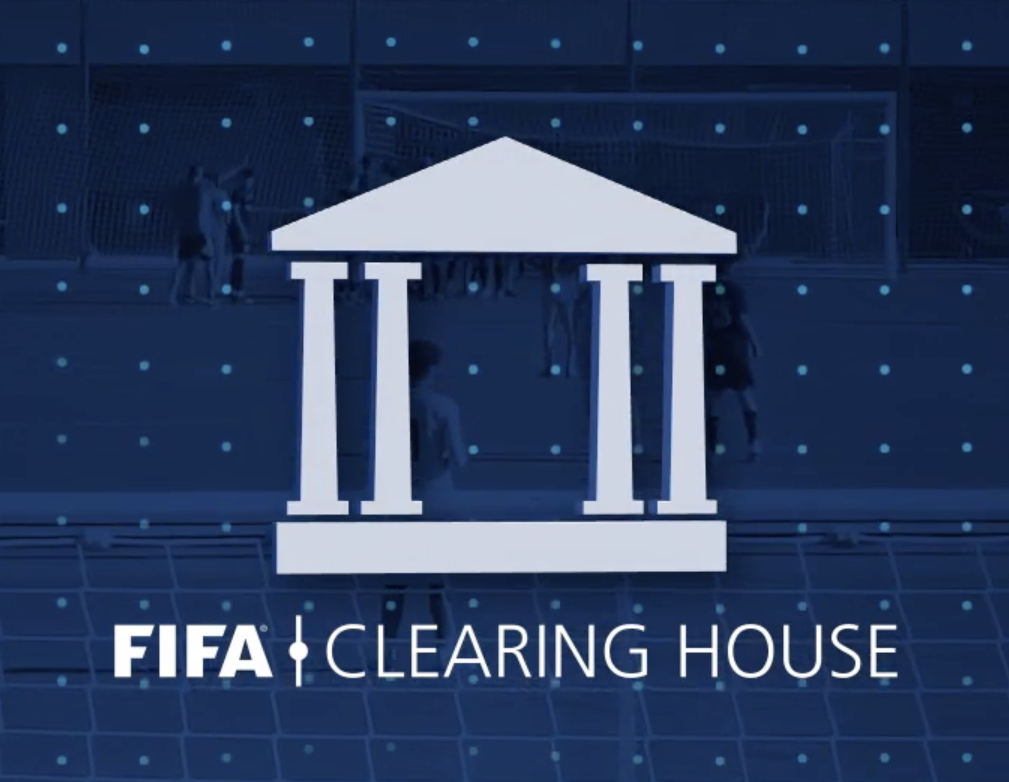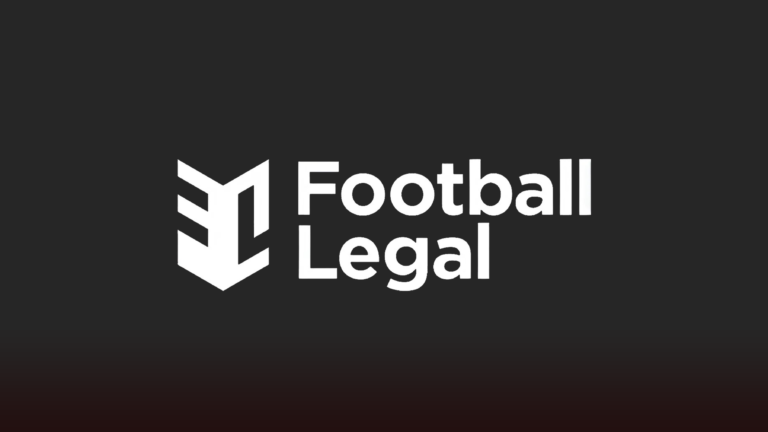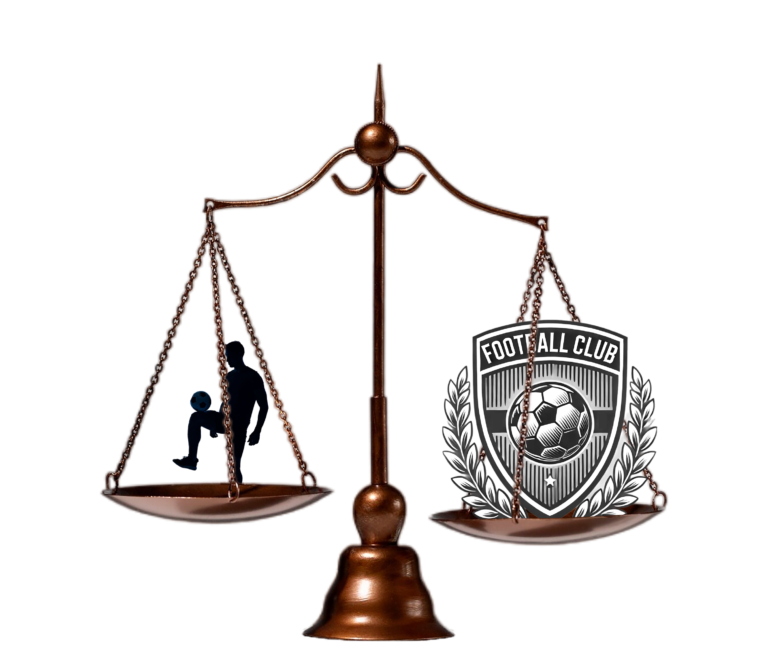FIFA CLEARING HOUSE – PROTECTION FOR CLUBS REGARDING TRAINING REWARDS. WHAT’S NEXT?
Introduction
In 13th of October 2016 FIFA introduced the “FIFA 2.0: Vision for the Future” reform planning aimed at improvement of various affairs, inter alia stronger governance and greater diversity. The “phase 2” of aforementioned reforms included the concept of FIFA Clearing House as a part of “Transfer System Reform1”2 . Following FIFA’s Council decision of 26 October 2018, the FIFA Administration has started working on the project of the FIFA Clearing House with the vision of automating distribution and payments of training rewards between clubs. The next step was the introduction of “FIFA’s request for proposal” on 25th of July 2019, which contained the brief explanation, how the FIFA Clearing House will operate and for what it will be responsible. Consequently, the FIFA Council approved the FIFA Clearing House Regulations on 22nd of October 2022, which came into force on 16th of November 2022.
As a result, what is it about? After landmark case of Bosman, FIFA adopted new rules in international transfer of players. In 2001 the new rules were discussed between the EU Commission and FIFA/UEFA.3 Two of the agreed key requirements of reforms were the development of training compensation and solidarity contribution systems (training rewards), ultimately aimed to encourage the clubs, which have participated in the development of the player and consequently to distribute the amount back to the stakeholder of FIFA (the club) for further development of football. These changes were reflected in the 2001 edition of FIFA Regulations on Status and Transfer of Players.4 Up till now those two systems are in force, but what is the reason beyond FIFA Clearing House?

Former regulations stipulated the entitlement of clubs to training compensation and solidarity contribution, however it was the same club, which should perform due diligence in order to obtain information about its former player’s transfer tracking to be insured if there are grounds to request the training compensation or solidarity contribution. Eventually, if the club found it was entitled to, it should claim the amount from the new clubs on its own and wait for the decision of the FIFA Dispute Resolution Chamber (art. 22 (d) of FIFA RSTP) later to enforce it. The FIFA Clearing House is aimed to allocate and collect the amount on behalf of the entitled club and later on distribute it to the entitled Club.Player registration history (player passport) (article 5 and 7 of FIFA RSTP) has always been of a paramount importance for calculation and claiming the amount. One of the mandatory requirements to file a claim was to provide FIFA DRC the complete career history of the Player, which was aimed to prove the registration dates of the player with the claimant for proper calculation of the training compensation. Even after he deployment of FIFA Clearing House, the same requirement is present and is set forth in art. 27 (1) (f). Any provision of the abovementioned regulations is a separate subject of study. What is needed for our attention is the totally new system of generating Electronic Player Passport (EPP), which is completely new and can have a crucial impact on better, optimized and more transparent governance and better communication between stakeholders in future.
The current and latest edition of FIFA RSTP (October 2022 edition) defines the notion of EPP in its definitions (par.34 of the definitions) and in article 7 (2) (3) (4), which provides as it follows:
“2. For entitlements related to training rewards that are governed by the FIFA Clearing House Regulations, an EPP shall be generated and used as set forth below.
3. The Electronic Player Passport is an electronic document containing consolidated registration information of a player throughout their career, including the relevant member association, their status (amateur or professional), the type of registration (permanent or loan), and the club(s) (including training category) with which they have been registered since the calendar year of their 12th birthday. It shall be generated in circumstances as defined in the FIFA Clearing House Regulations.
4. For the purpose of creating the EPP, member associations shall ensure that reliable, accurate and complete player registration information is made available electronically to FIFA through the FIFA Connect Interface, whenever requested by FIFA through such interface.”5“
The logical consequence of the provision is enshrined in the articles 8 and 9 of FIFA Clearing House Regulations, which regulates he provision of generating, assessment and finally – the review of the EPP.
The clear shifting of club’s due diligence, aimed to collect the complete career history of the player, to a new automatic process is evident. And the clubs are no longer in need to locate all the clubs, which contributed to player’s development by collecting player passports from all the member associations of FIFA.
So far, there are two noteworthy and foreseeable possibilities of new practical changes related to the new system of unified and automatically generated EPP, which clearly grants more possibilities for better governance than it seems from the first sight.
1) Practical change for due diligence before signing the player.
From the financial perspective, if a club wants to sign an employment contract with foreign player, which will be his (not “her”, because of the reason that principles of training compensation do not apply to women’s football so far (article 20 of FIFA RSTP) first contract, at first the club must execute an investigation to obtain the player’s complete career history.
In practice, in-house sports lawyers or sports directors of a football club know how hard it is to execute a proper due diligence before signing the first employment contract with the player. There are many cases, when the player or his representative doesn’t provide exhaustive information to the club about the player’s career history, and eventually the club receives a claim from another club, affiliated to another MA, now the club will be obliged to pay the amount to the FIFA Clearing House. In practice, there are cases, when player passports (not the ITC) are being transferred from former MA to the new MA very belated or even worse, are not transferred at all.
At the current state, the new club does not have any legal tool or other reasonable way to duly perform due diligence before signing the player to understand its potential legal obligations as it cannot send an inquiry to all 211 member associations of FIFA for acquiring registration information of the player due to limited resources. Mainly, the club needs to execute it for understanding the financial burden, which can arise from signing the Player.
Now, if all 211 MAs and their clubs cooperate with FIFA in providing all the information about domestic and international transfers aimed to build an EPP for every player over the years, this will create unified platform for tracking every player globally through FIFA TMS, and eventually the potential new club will have an option to track the player’s registration history before signing (i.e. requesting information directly from FIFA). Consequently, this will have a positive impact on financial planning of the club, especially of the
2) Possible change to widen the legal framework and competence of FIFA Clearing House.
After all EPPs and club data (article 15 of the FIFA Clearing House Regulations) are generated FIFA Clearing House will have all necessary technical tools to collect the overdue payables (article 12bis of FIFA RSTP) related to the transfer fees between clubs, as it will have all the necessary data needed for proper identification and assessment of the parties concerned. However, there is a difference between objective justification of the acting of the FIFA Clearing House as a training reward collector (proposal from EU commissioner on 2001) and debt collector of a private transaction, which can arise much more questions than answers. Yet this scenario is possible or, at least, reasonably expectable, it requires a clear dialogue between FIFA and its indirect members – clubs related to the deployment of such mechanism.
- https://www.fifa.com/about-fifa/organisation/news/2016-fifa-reforms-2763429 ↩︎
- FIFA Circular 1654, Zurich, 26 November 2018 ↩︎
- https://ec.europa.eu/commission/presscorner/detail/en/IP_01_314 ↩︎
- de Weger, F. (2016). Background Dispute Resolution Chamber. In: The Jurisprudence of the FIFA Dispute Resolution Chamber. ASSER International Sports Law Series. T.M.C. Asser Press, The Hague. Page 11 ↩︎
- FIFA Council. (2022, October 22). FIFA Regulations on the Status and Transfer of Players ↩︎





